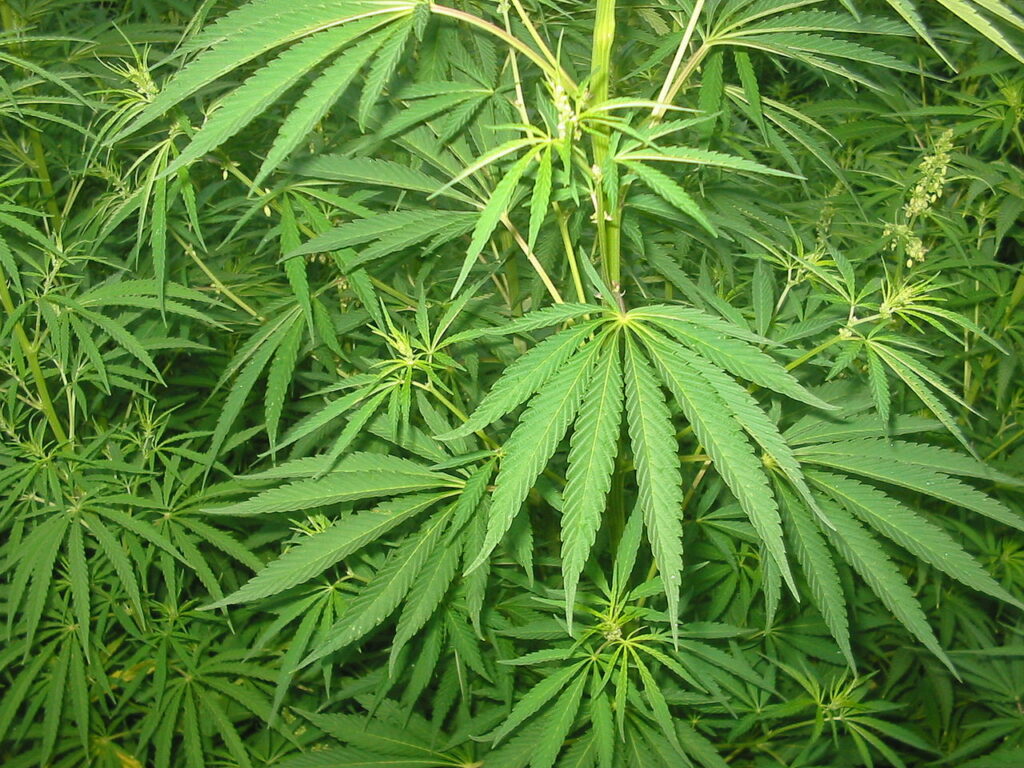A mild drug? There never has been one, and now it is also shown that smoking cannabis causes very serious schizophrenia. Needless to say, there was no need for science to prove it; it is enough to look around in everyday life or listen to ‘ranting’ in the mass media or on TV shows. Instead, it was necessary for this study to be published, and now that the New York Times comments on the seriousness of it and denounces the grave error in supporting the legalization of cannabis, it is fair to ask why so much silence on the demonstration that ‘the more marijuana is consumed, the more you irreparably ruin your life.’ As more and more states in the U.S. and around the world legalize marijuana, which popular culture considers harmless, it is becoming increasingly clear that its use instead carries serious risks. Lawmakers should stop decriminalizing the recreational use of marijuana and allow it only when prescribed, through strict protocols, by licensed physicians, and even then, given the irreparable harm involved, its use should be a last resort.
The latest troubling study, published in early May, was conducted by researchers from the U.S. National Institutes of Health and the National Institute on Drug Abuse and Mental Health Services of the Capital Region of Denmark. The most compelling result is that “as many as 30% of schizophrenia cases among men aged 21-30 could have been prevented by avoiding the cannabis use disorder.” Schizophrenia, defined by the National Institutes of Mental Health, is “a mental disorder characterized by alterations in thought processes, perceptions, emotional reactivity, and social interactions….” Schizophrenia is typically persistent and can be severe and disabling.”
Schizophrenia can be triggered by heavy pot use when it would otherwise not develop at all. “The intertwining of substance use disorders and mental illness is a major public health issue that requires urgent action and support for people who need it,” said NIDA director and study coauthor Nora Volkow. The existence of a link between marijuana use and schizophrenia has been known for decades. The new study not only reaffirms the link but also shows the growing severity of the problem, especially among young men. The study attributes the “increasing prevalence” of the problem to the “greater potency of cannabis” typically used today than the usual street marijuana of half a century ago. In particular, said Carsten Hjorthøj, lead author of the study, “The increase in legalization of cannabis in recent decades has made it one of the most widely used psychoactive substances in the world, while decreasing the public’s perception of its harm. This study adds to our growing awareness that cannabis use is not harmless.”
Schizophrenia is far from being the only danger of what popular culture considers harmless entertainment. Cannabis has also been definitively associated with “depression, anxiety and suicidality” among adolescents. Its growing public acceptance also coincided with a doubling of fatal car accidents between 2000 and 2018. Cases of pediatric marijuana poisoning have increased dramatically. The paper examines data on opioid and marijuana use and arrives at two key findings: the first is that “medical marijuana, particularly when available through retail dispensaries, is associated with higher opioid-related mortality.” The second finding is that data “for recreational marijuana, although less reliable, suggest that retail sales through dispensaries are associated with higher mortality rates than the counterfactual hypothesis of no legal cannabis.” The United Nations, in the last annual International Narcotics Control Board report, had already expressed its concerns about the legalization for recreational use of cannabis. Just to be very clear, in states that have legalized it, crime, including that of armed criminal organizations, has increased, not decreased.
